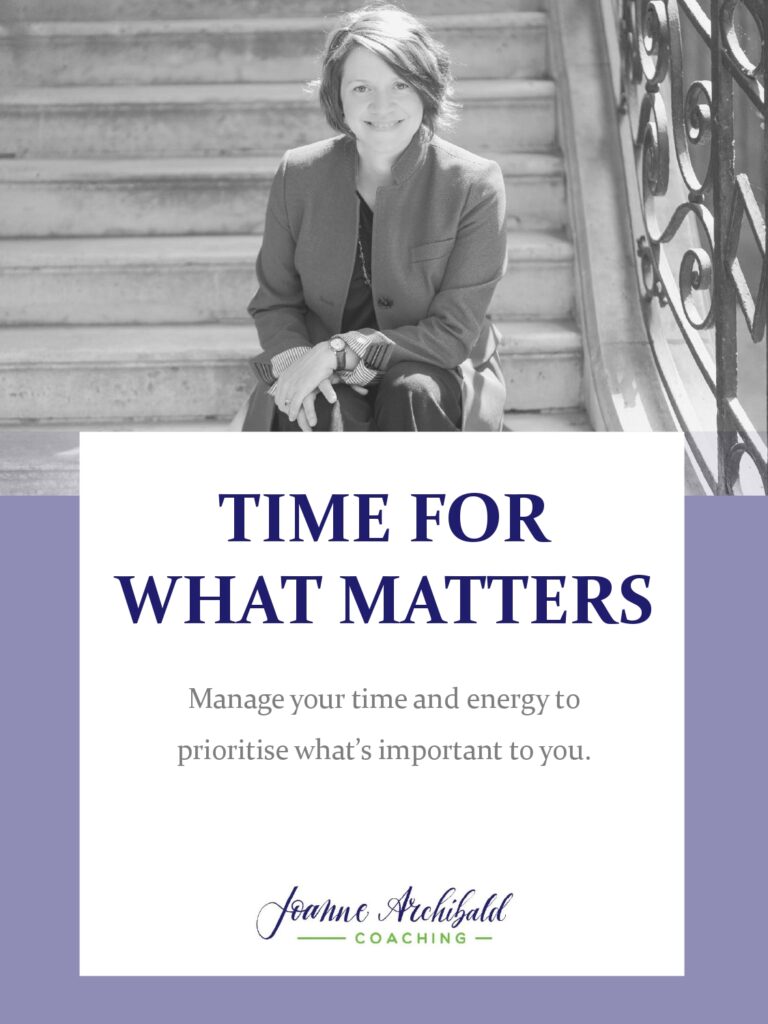Whether you conform to society’s current physical ideal or not, you can only gain from opting out of the rush to look like the latest image of perfection and taking the time to find your own beauty – whatever it looks like.
Hungry but chic. What does that mean to you? Think about it for a moment while I give you some context.
This week, I was blithely staring out of the window of the bus as we jerked through the 11th arrondissement of Paris when I saw a poster that made me sit up and take note – literally, I wrote down what I saw. It was a picture of a woman crouched down before a slightly open refrigerator, eating what appears to be a yoghurt. She’s nicely dressed and perfectly coiffed, but her eyes suggest we have surprised her in some kind of clandestine food-fest. Below her floats one of high-street retailer Kookai’s new advertising slogans: hungry but chic.
A widespread trend
I have to say that, living in France, you get somewhat used to slightly sexist advertising (I have never understood the need for naked women in TV ads for yoghurt) and provocative billboards. But this really did stun me, so I went online to see if anyone else had noticed the ad. I remember when I was a student, the university women’s group successfully campaigned against another of Kookai’s ads – a woman in a bikini with a miniature man pushing a lawnmower trimming stray pubic hairs – on the grounds that it depicted a judgemental and violent image of a woman’s body. I assumed that the web would be filled with outraged blog posts and perhaps even an online petition. I was wrong.
I found a couple of French blogs that echoed some of my own shock, but nothing that really interpreted the ad the same way I did. So, I checked with the beloved. He’s a down-to-earth guy with a naturally unsexist attitude but very little actual engagement in any kind of feminist debate. I figured if he could see what was wrong with this, I wasn’t over-reacting. His analysis? “Well, it kind of sounds like they’re saying it’s ok to starve yourself, as long as you look good doing it.” Then, warming to his subject, “It’s almost encouraging or at least condoning eating disorders, isn’t it?” Aha! This had been my exact reaction, and I wasn’t the only one! I read that slogan and immediately saw: this woman doesn’t eat enough and is always hungry, but you shouldn’t feel bad for her, she’s chic so it’s OK. Her perpetual hunger isn’t a problem, it’s for a good cause!
The vital statistics
B-eat currently estimates that 1.6 million people in the UK suffer from an eating disorder, and 6.4% of adults display signs of disordered eating. The National Centre for Eating Disorders has found that over half of all dieters are not actually overweight, which means that 1 in every 2 people on a diet does not need to be. In a time when weight and eating issues – anorexia, bulimia, binge-eating, excessive dieting and even the flipside, obesity – are so much in the news and on our minds, Kookai’s choice of advertising seems at best irresponsible, at worst dangerous.
I’m not suggesting that seeing this one advert will instantly provoke the development of eating disorders up and down the country, but this kind of message does contribute to our society’s continuing cult of skinniness which it has been proved is indeed having an effect on women (and men – 11% of people with an eating disorder in the UK are male). Between the proliferation of dieting products offered in pharmacies (terrifying to behold in France, I have to say), the size-tiny actresses coming out of Hollywood, the increasing acceptability of cosmetic surgery to “correct” natural body shapes, catwalks displaying ill-looking models, and the insidiously generalised attitude that certain foods are bad and that we all have to “be careful” all the time, it’s true that Kookai’s nasty little contribution is but a drop in the ocean.
For me, though, it’s the straw that broke the camel’s back. I write regularly about self-acceptance, being kind to ourselves, and learning to treat ourselves as we do other people. But seeing this advert made me seriously think about my own capacity occasionally to beat myself up for not being thin enough, willowy enough, this enough, that enough. Messages just like Kookai’s abound in our society, and I for one have had enough.
The ideal prison
The path to self-love and contentment doesn’t start with internalising someone else’s – or society’s – version of what is good and attractive and acceptable and then spending your life trying to conform to it and judging yourself by it. It starts with making sure you’re healthy and then celebrating your body and your looks, enjoying the way you are, flaunting your assets and playing to your strengths instead of lamenting “cankles” and “bingo wings” (that we have actually given names to perceived bodily imperfections is horrifying). Happiness cannot take root in an attitude of “I’m not thin like the models, but that’s ok” as that upholds the notion that the models are an ideal of how we all should be. Happiness comes from throwing away the supposed ideals and the notions of what’s right and perfect and revelling in our different shapes and sizes, seeing beauty in more than one physical type, and deciding on our own what we find attractive and how we want to look.
I intend to start down my own path to self-respect and self-love by no longer shopping in Kookai. It’s a shame as I often like their styles, but until they produce advertising that shows me and all women more respect, I’ll celebrate myself elsewhere.




